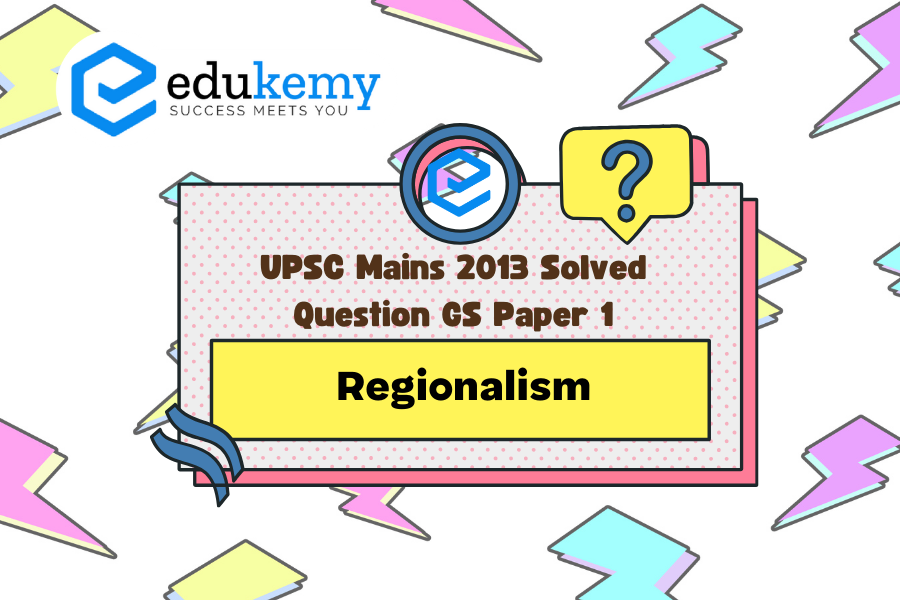The emergence of regionalism as a pivotal catalyst for the pursuit of separate statehood has become increasingly conspicuous in contemporary political landscapes. Across diverse regions globally, a growing sentiment of regional identity and distinctiveness is fueling demands for autonomy or outright secession. This phenomenon is underpinned by multifaceted socio-economic, cultural, and historical factors that foster a sense of alienation or marginalization among regional populations. Economic disparities, unequal distribution of resources, cultural divergence, and historical grievances often amplify regionalist sentiments, exacerbating the desire for self-governance or sovereignty. Additionally, political marginalization or perceived neglect by central authorities further galvanizes regional aspirations for autonomy. The articulation of regional identity through language, traditions, and shared heritage serves as a potent mobilizing force, fostering solidarity among regional populations and crystallizing demands for separate statehood. Moreover, globalization and decentralization trends have provided fertile ground for the proliferation of regionalist movements, as they seek to reclaim local autonomy in an increasingly interconnected world. In sum, the growing prevalence of regionalism underscores its significance as a driving force behind the demand for separate statehood, reshaping political landscapes and challenging traditional notions of nationhood and sovereignty.
Tags: Salient features of Indian Society.
Contents
Decoding the Question:
- In Introduction, try to define regionalism.
- In Body,
- Briefly write about the factors responsible for regionalism.
- Show how regionalism can be a threat to territorial integrity, federation and cite some examples.
- Conclude with the impact of regionalism and the positive aspects.
Answer:
Regionalism is the expression of a common sense of identity and purpose by people within a specific geographical region, united by its unique language, culture, language, etc. In the negative sense, it implies excessive attachment to one’s region and a sense of discrimination and disliking for those who are considered outsiders. Therefore, it is a great threat to the unity and integrity of the country.
Factors Responsible for Regionalism:
- Demand for State Autonomy: Regionalism has often led to the demand by states for greater autonomy from the center. Increasing interference by the Centre in the affairs of the states has led to regional feelings. Demand for autonomy has also been raised by regions within some states of the Indian federation. Example: Tamil Nadu, Punjab, West Bengal, etc.
- Unfair treatment of certain regions on the basis of economy and development like Telangana in the former united Andhra, also leads to the demand for a new state.
- The need to have a better administrative structure, especially in the bigger states like UP (division in four different regions), also pops up from time to time.
- Secession from the Union: This is a dangerous form of regionalism. It emerges when states demand separation from the centre and try to establish an independent identity of their own. Example: Punjab (Khalistan), few North Eastern States (Bodo land), etc.
- Disputes between states over the sharing of river water, primacy given by the states to the language of majority and to people of their own states in job opportunities have also given rise to feelings of regionalism. Example: Karnataka- Tamil Nadu, Chhattisgarh- Odisha, etc.
- Migration of people from a backward state to a developed state for employment opportunities have often resulted in a hostile attitude against the migrants for example, problems going on in Karnataka, Andhra Pradesh, Maharashtra, etc.
- The growing awareness among the people of backward areas that they are being discriminated against has also promoted feelings of regionalism.
However Positive regionalism promotes a sense of pride in connecting to one’s roots and culture. It has been noticed that often regional movements have helped the art and culture of many neglected regions to flourish by increasing their exposure through local emphasis.
In case you still have your doubts, contact us on 9811333901.
For UPSC Prelims Resources, Click here
For Daily Updates and Study Material:
Join our Telegram Channel – Edukemy for IAS
- 1. Learn through Videos – here
- 2. Be Exam Ready by Practicing Daily MCQs – here
- 3. Daily Newsletter – Get all your Current Affairs Covered – here
- 4. Mains Answer Writing Practice – here


